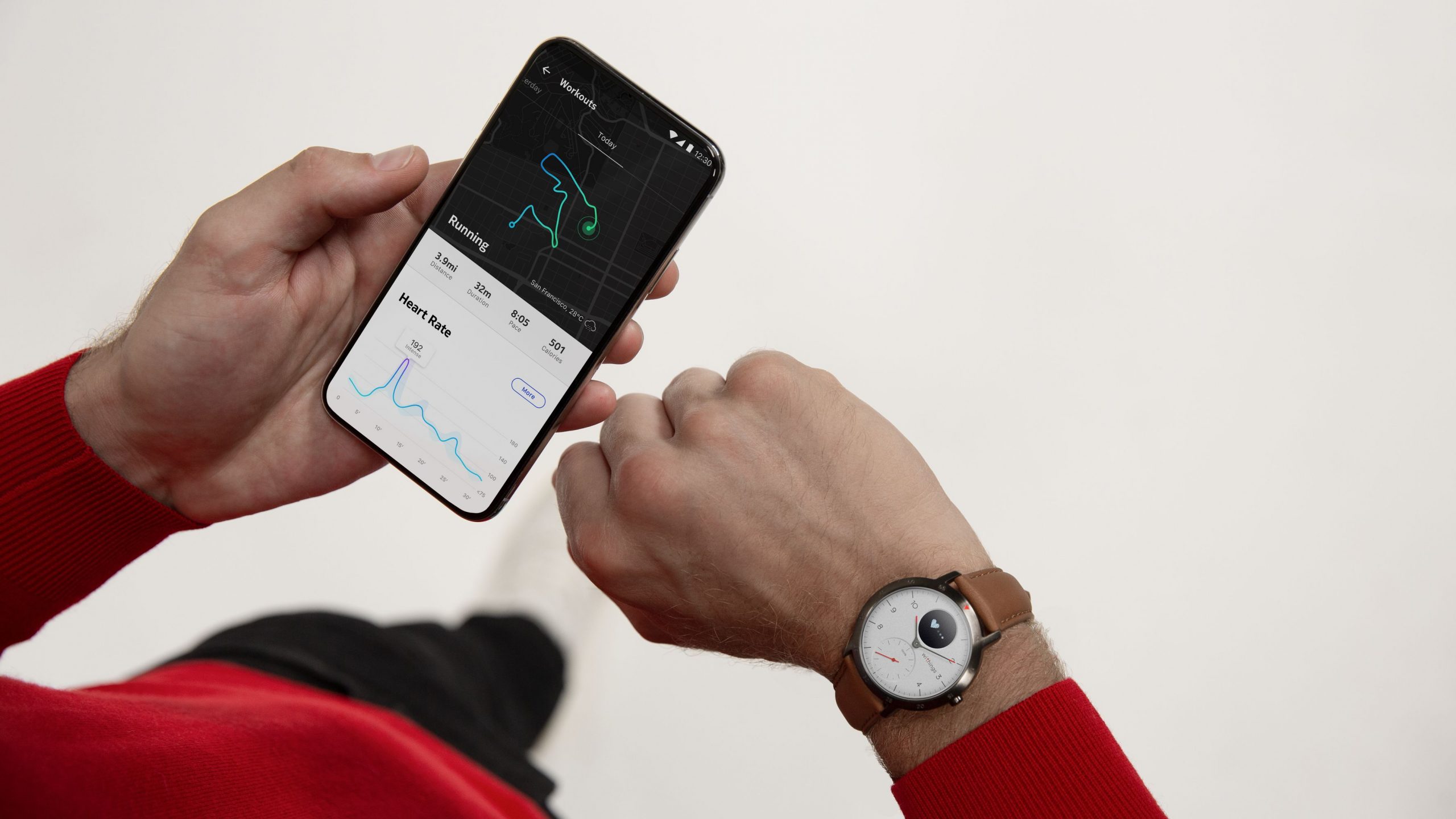
When the sun comes out, so does the sunscreen. But how does it work, and should you be wearing it all year round? Read on to find out more about the benefits of sunscreen.
Going out for a jog? Enjoying a lazy day in the garden? Maybe you’re just going down to your local convenience store to pick up something for dinner? Wherever you are in the world, from Antarctica to Africa, the great outdoors has one, constant danger: the sun. Sure, you can’t see it, but the invisible rays of ultraviolet (UV) radiation can have some pretty horrible effects.
Not only is there the potential risk of sunburn (ouch!), but premature aging, cataracts, immune suppression, and even skin cancer number among the long-term effects of exposure to the sun. And that’s where sunscreen comes in. Find out more about the potential health benefits of sunscreen, as well as whether it’s something that you should wear all the time, not just when the sun comes out!
How does sunscreen work?
Sunscreen is made up of a whole bunch of chemicals, which can be loosely broken down into two categories: inorganic and organic. The inorganic chemicals, such as titanium dioxide and zinc oxide, act as a kind of physical screen against the sun. In a nutshell, they either reflect or diffract those invisible rays away from your skin, thereby keeping it protected. Organic chemicals, on the other hand, absorbs the UV radiation, stopping it from reaching your skin.
In addition to the organic and inorganic chemicals—also known as the active ingredients—there’s the emulsion, which is what carries the active ingredients. That’s essentially just the form that your brand of sunscreen comes in, whether it’s a gel, foam, cream, or oil. The form doesn’t provide any defense against UV radiation, however—it’s purely to preserve the sunscreen and make sure that it stays bound to your skin.
So, what’s SPF?
SPF—which stands for Sun Protection Factor—is a measure of how well a particular sunscreen protects against UVB rays, a specific type of UV radiation that is fairly carcinogenic and mostly responsible for sunburns. There is, however, another form of UV radiation called UVA radiation. This can cause premature aging and age spots, in addition to increasing the risk of skin cancer. Unfortunately, there’s no standard measurement for UVA blocking efficacy.
So, which SPF rating do you need to use? Well, it’s generally recommended that people should use at least SPF 30, which blocks around 97% of the UV radiation. Remember, no SPF can block 100% of the UV radiation you’re facing, so some form of sun damage is always a possibility, regardless of how much sunscreen you’re lathering on!
Should you wear sunscreen all year round?
Yes, absolutely! Even if you live in a cold climate, there are plenty of reasons to keep a well-stocked supply of sunscreen. First off, it’s not just about sun exposure, because UV radiation can be a problem even on cloudy days. Yes, some clouds block the sun from reaching your skin, but some reflect the rays, which could increase your chances of sunburn. The same goes for snow. It reflects UV rays and therefore makes them more intense, which means that without sunscreen, you could end up dealing with the effects of sun damage.
Another key benefit of sunscreen is that it protects your skin from UV rays that come through windows. Yep, that’s right! While UVB rays are blocked by windows, UVA rays can still get through. And as we mentioned earlier, premature aging is one of the major effects of UVA radiation.
Are there any downsides to wearing sunscreen?
Now, it should be clear by now that always wearing sunscreen is a pretty good idea, all things considered. But what about the potential downsides? Supermodel extraordinaire Gisele Bundchen once referred to sunscreen as poison, and the whole sunscreen-is-bad belief is surprisingly widespread. One of the key objections is that sunscreen stops you from getting the vitamin D you need. But this is simply not true. Even if you were wearing a ton of sunscreen, you’re already taking in vitamin D just by being outside. But if you are worried, you can add vitamin D supplements into your diet.
So, what’s the verdict: should you always wear sunscreen? It’s a definite yes. Sunscreen should be worn all year round, even on gray, cloudy days! Oh, and you might be surprised to learn that, like the Withings blood pressure monitor and smart thermometer, sunscreen is FSA-eligible and you don’t need to use a prescription to purchase it, so there’s really no excuse for not topping up your supplies.



